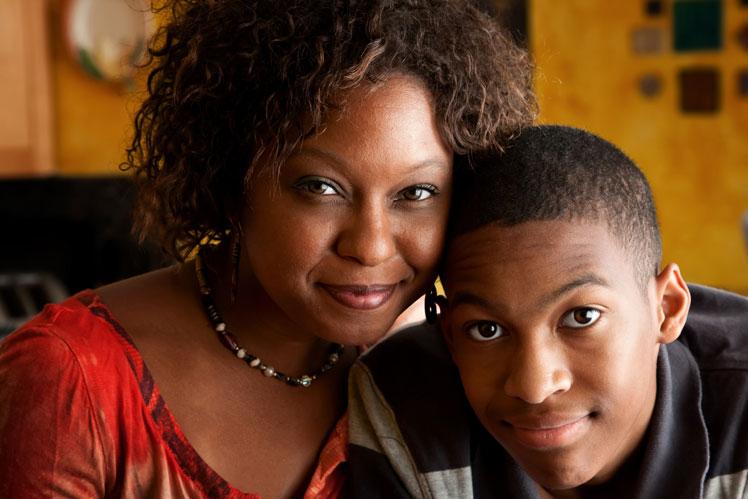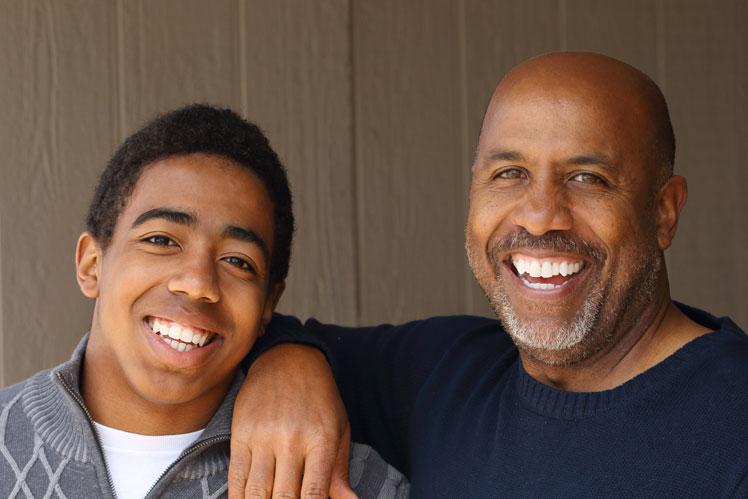It won't happen to me. Yeah, right.
Ross and Janis lived a typical Canadian life. They were married, had two children, Melissa and Kyle, and both worked outside the home.
An avid golfer, Ross also went on fishing trips with friends and helped coach his son's hockey team. Janis played the piano, enjoyed bike rides with her friends, and was treasurer for her daughter's soccer team. They played in a mixed curling league.










